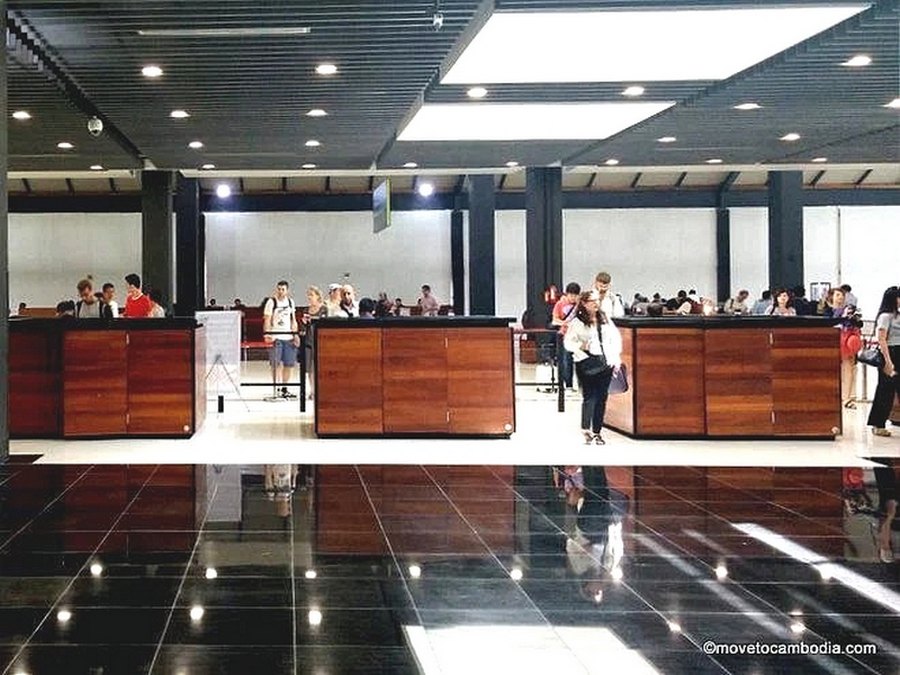
Several global surveys of late have shown Cambodia as a holiday and expat destination running neck and neck with Thailand in the popularity stakes. Leaving aside the general pros and cons of life and leisure, the entry rules for Cambodia are certainly a good deal simpler. Of course, both countries require a valid passport, vaccination proof and a pre-departure PCR health test with a negative result, but then the similarities get fainter. In Cambodia, a rapid antigen test at the airport, if negative, is all that is required to begin the visit without subsequent health bureaucracy.
Both countries require pre-arrival online registration, but Cambodia’s portal (evisa.gov.kh) is much easier to navigate Thailand’s Test and Go, requiring far fewer uploaded documents. Whilst Thailand has a long list of entry options ranging from 14 days to 10 years, Cambodia has just two basics: the T tourist visa for 30 days (usually extendable for a further month) and the 30 days E which is the initial step of long-stay expat options such as marriage, retirement or work.
Thailand has a general rule that foreign entrants must have medical insurance worth at least US$50,000, Covid-only or wider, for the initial period granted. One or two long visas need extra cover as often debated on social media. The Cambodian rules also have their mysteries. Formerly, all foreigners needed to register with the company Forte for US$50,000 cover which included Covid infection, but was not restricted to it. However, Forte lost its monopoly in November 2021 and international and local companies now compete for business.
Whether Cambodian medical insurance is currently actually compulsory, rather than just desirable, is confusing. British foreign office advice “recommends” cover for obvious reasons. However, the Cambodian government website requires an insurance document to issue the E visa but not the T. Meanwhile, the Cambodian airlines website suggests that Covid-only cover is available at Phnom Penh airport on arrival: 20 days for US$90. The safest course is to buy insurance beforehand, especially as hospitalization in Cambodia is arguably even more expensive than here and certainly less comprehensive.
Both countries require foreigners seeking extensions to register their address. In Thailand, the system can be online or in person, although the long lines at immigration most days suggest technology has not yet broken through the paperwork. In Cambodia, those seeking an extension must register with a particular app – Foreigners Present in Cambodia System. However, the responsibility is with landlords and hotels and the new arrival is not fined for non-compliance. However, he or she cannot obtain an extension until the formality is completed.
There is a general consensus that Thailand’s entry registration procedures are cumbersome, even more so in recent years. The Cambodian variant is certainly is not perfect as the Phnom Penh and Siam Reap expat groups on Facebook testify daily. None the less, Thailand would certainly benefit from a streamlined address confirmation system and less overlap between the 20 or so visa options currently in the rule book. Hope springs eternal.
 |
 |
 |





